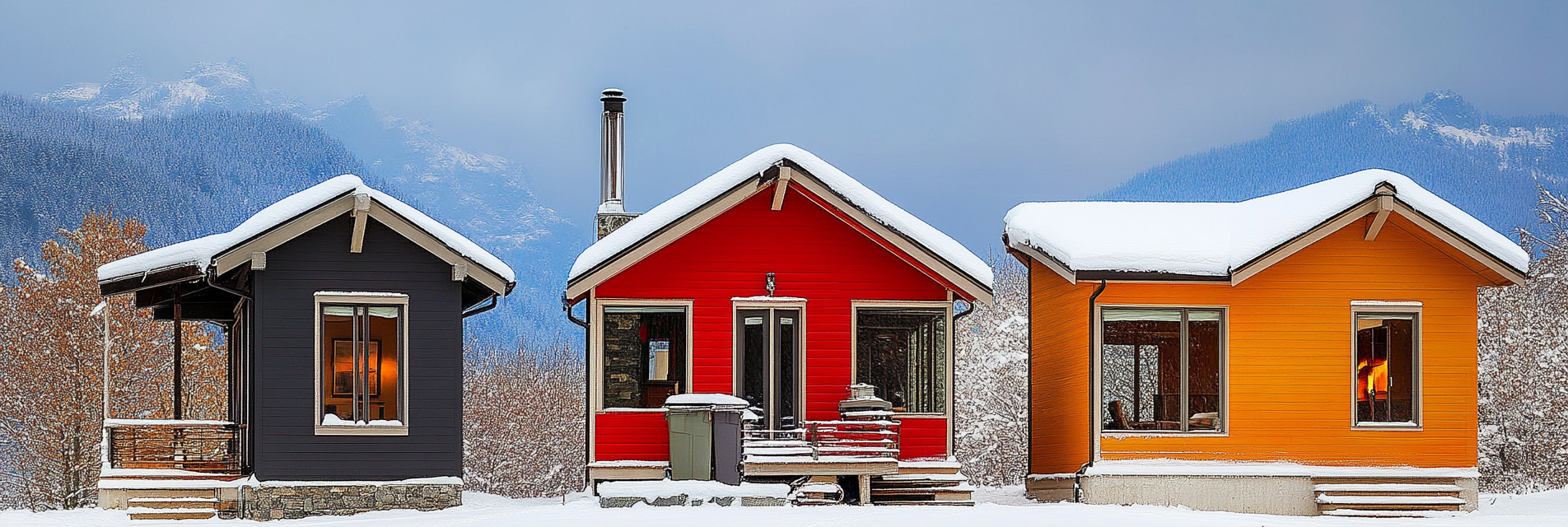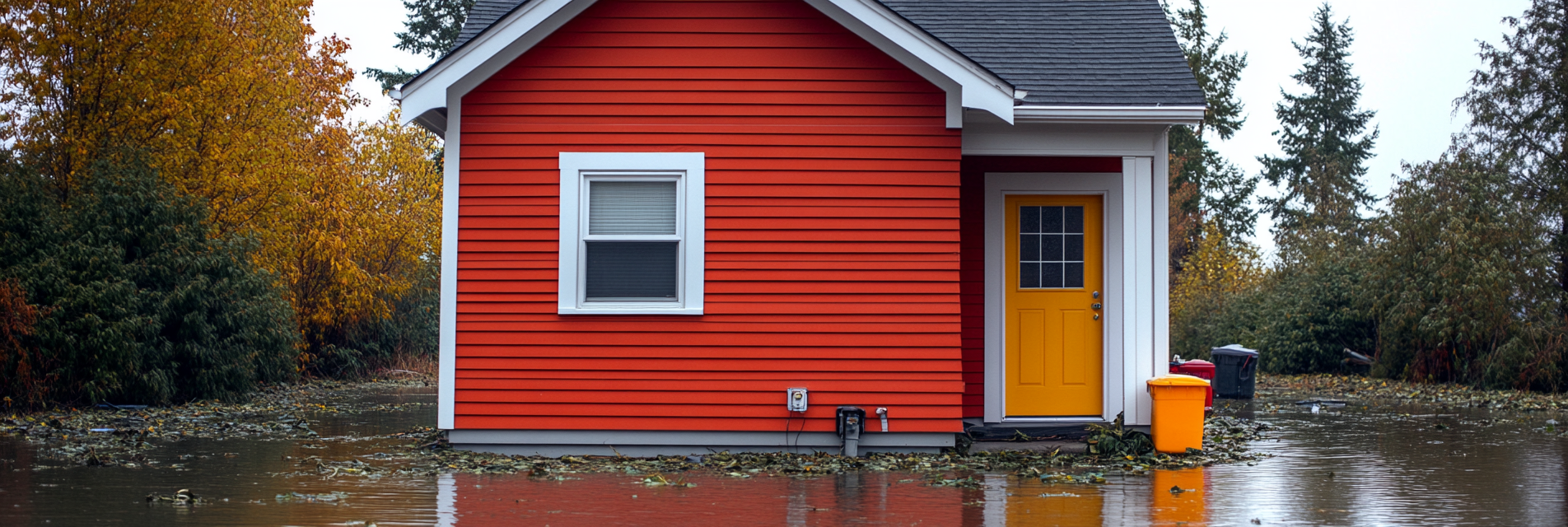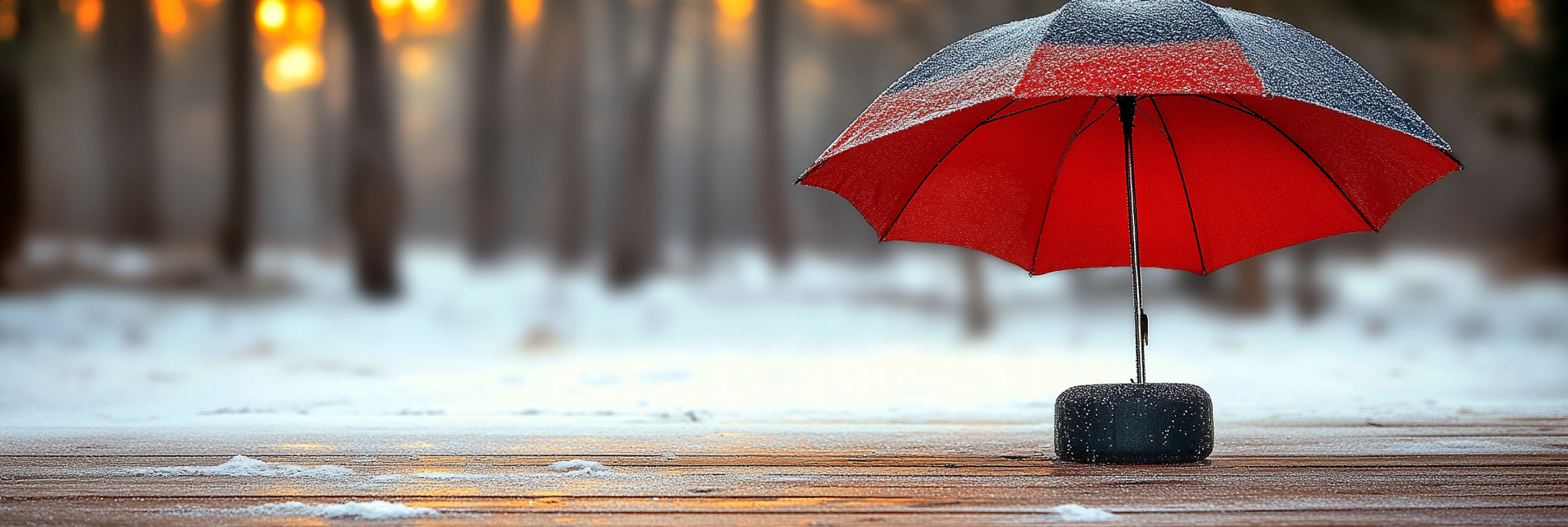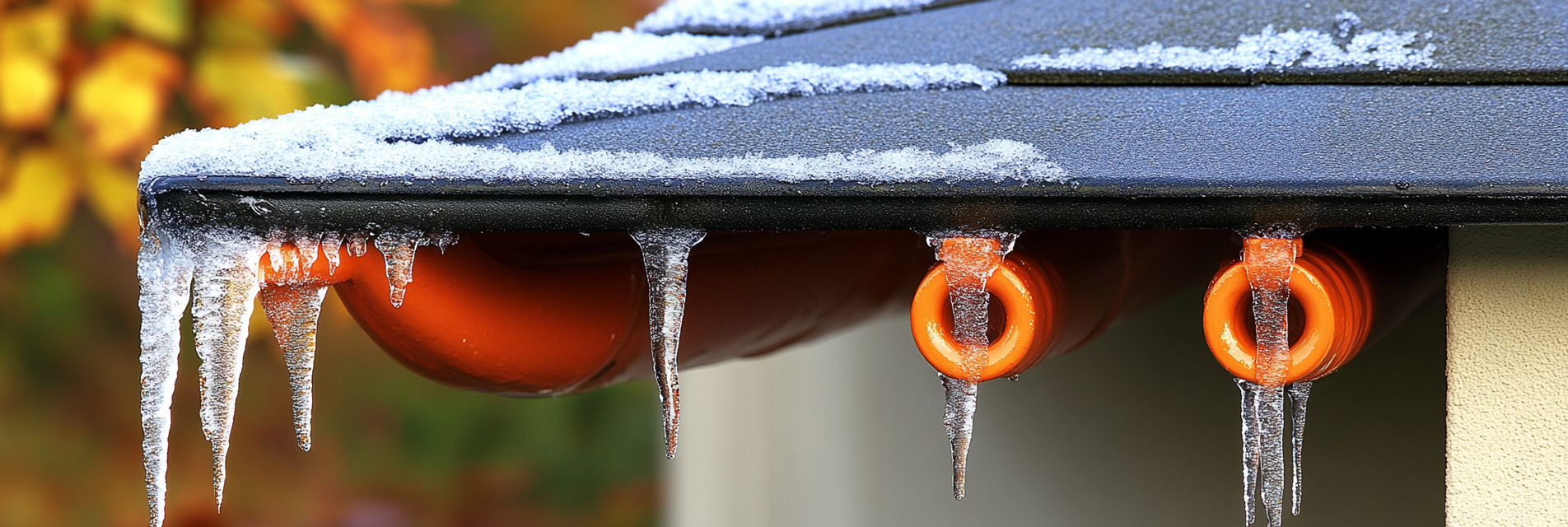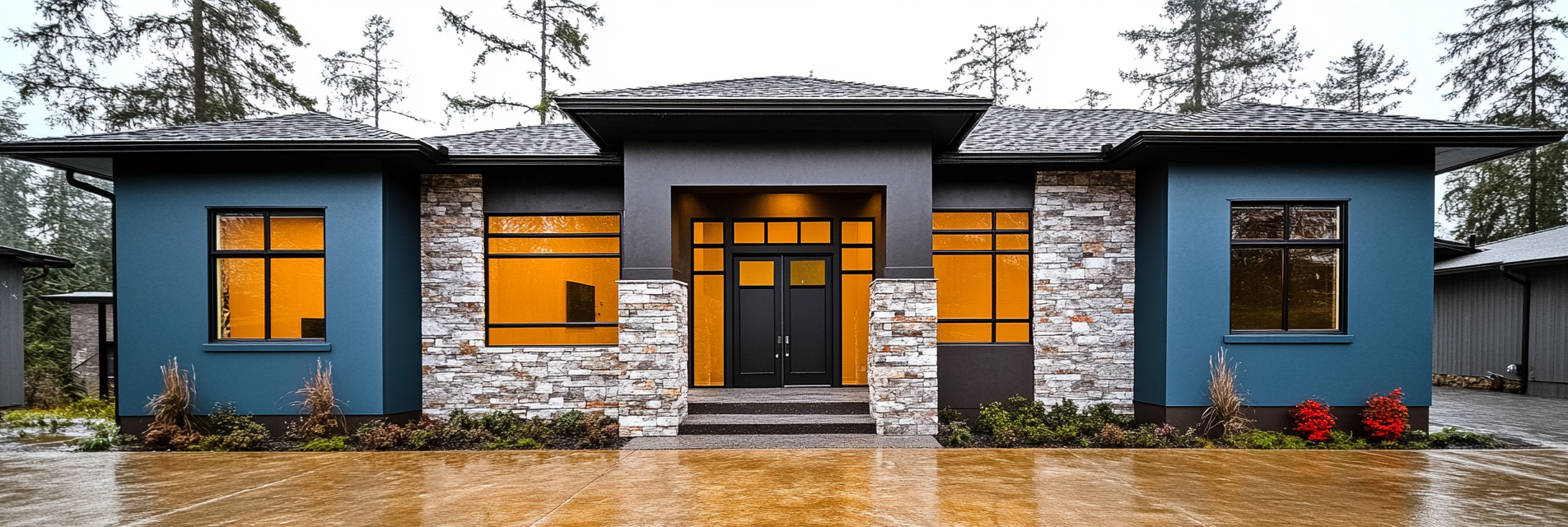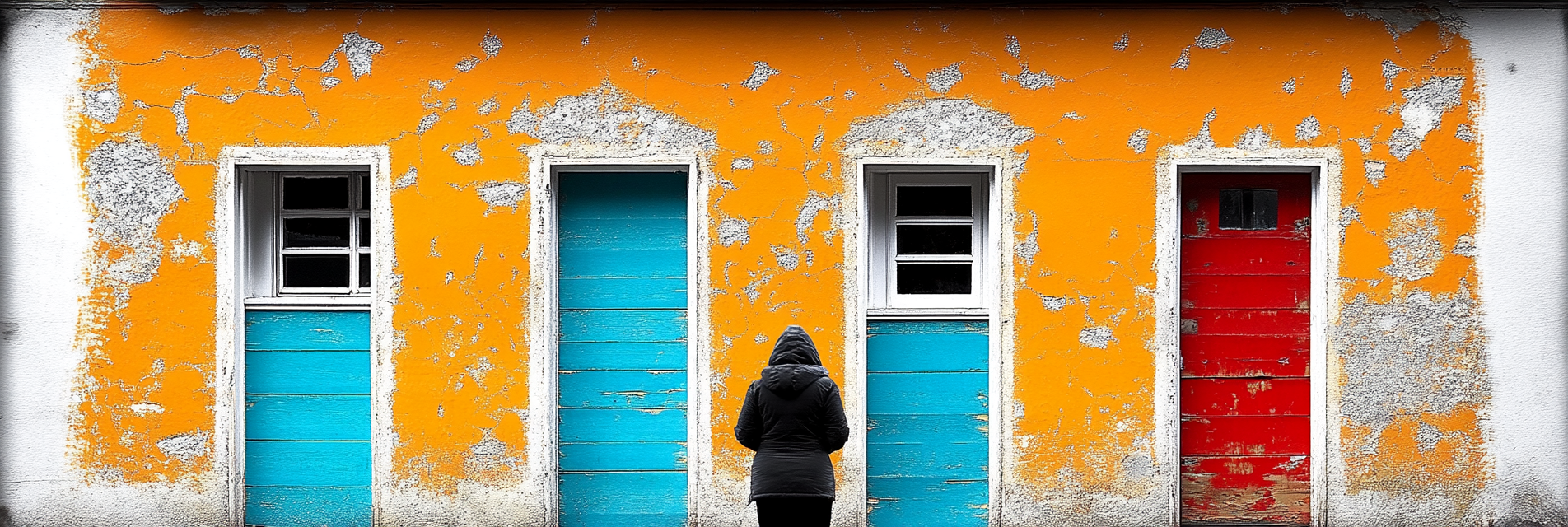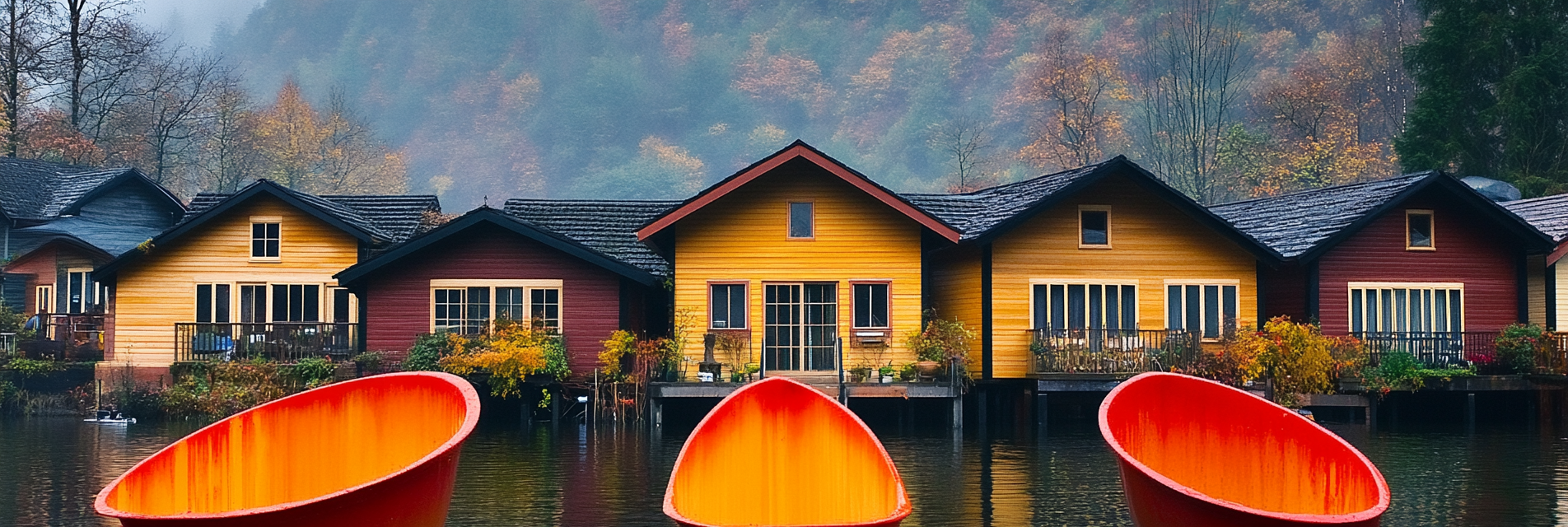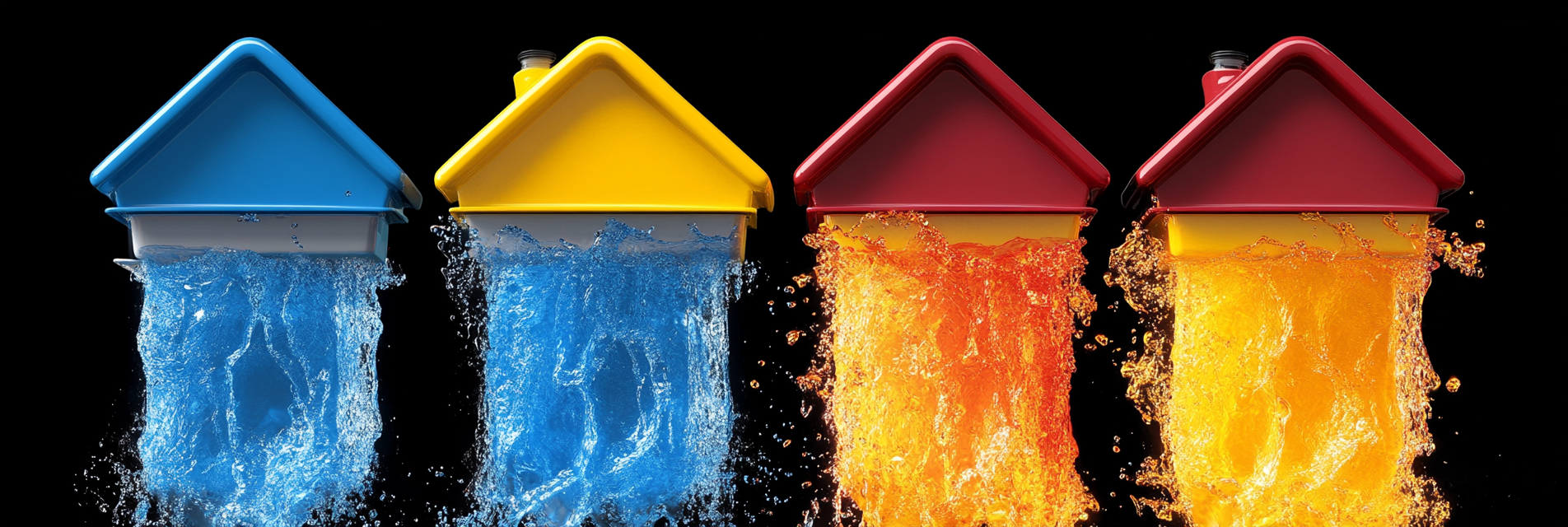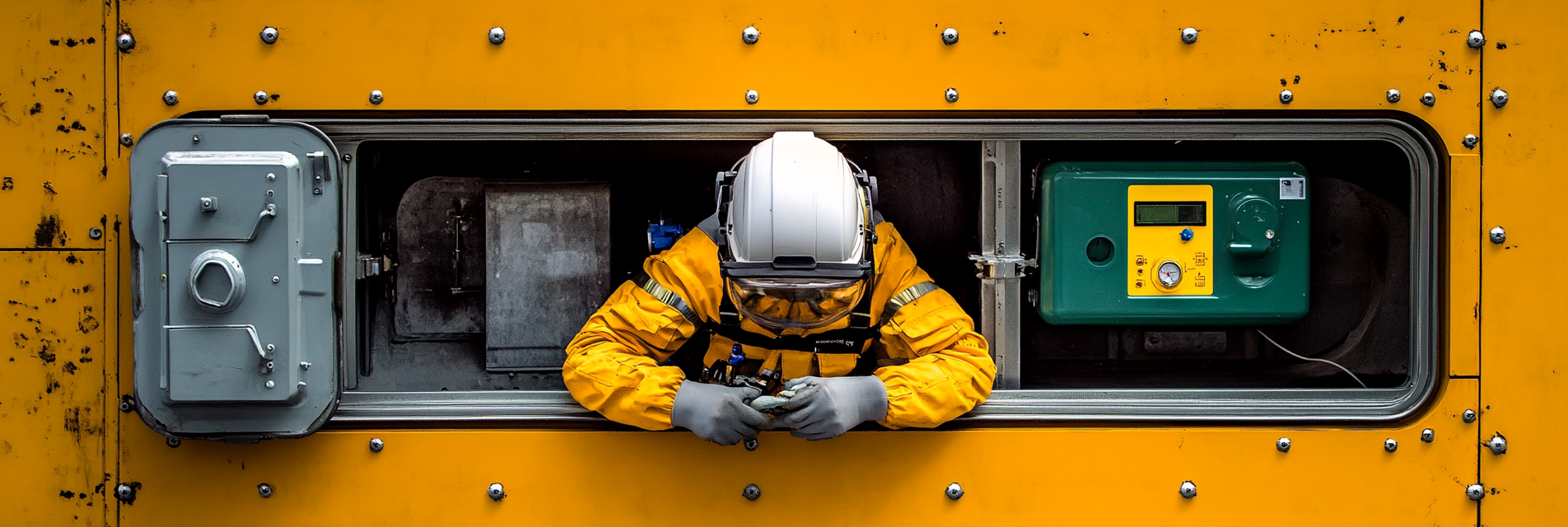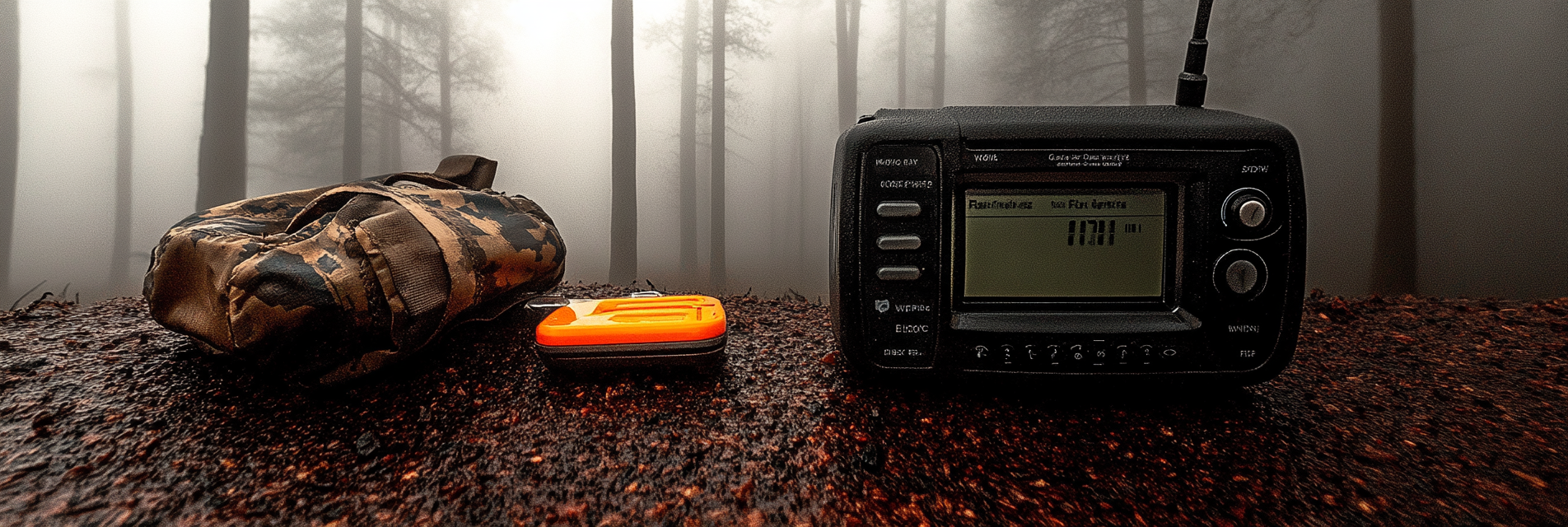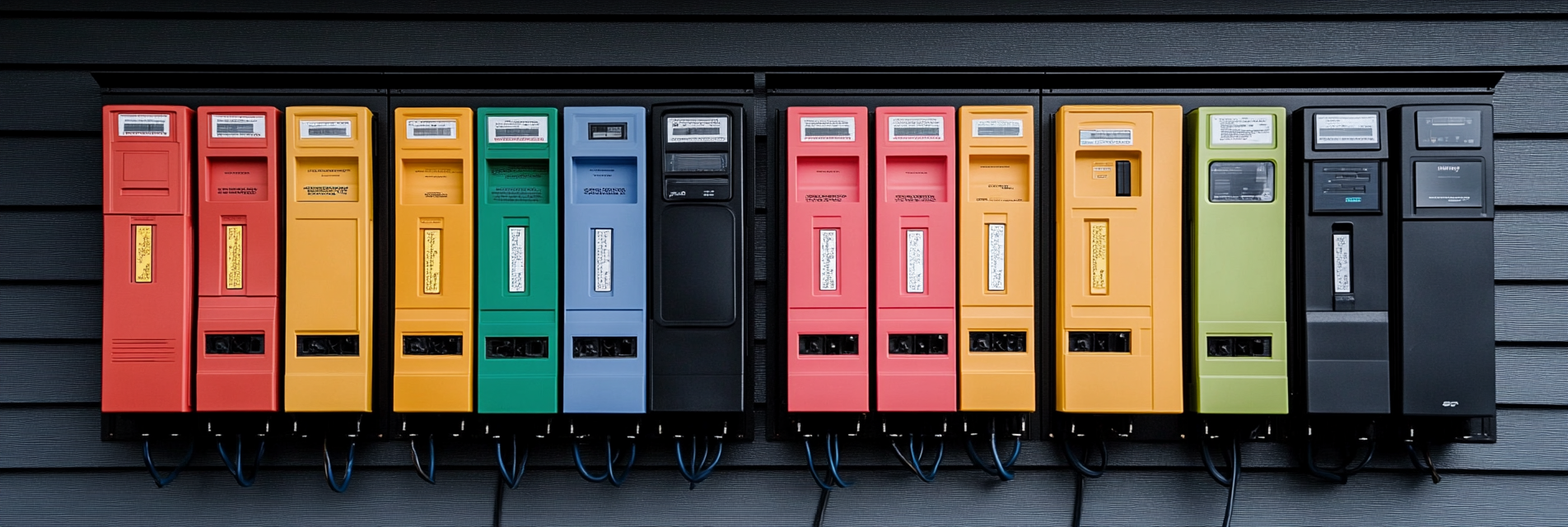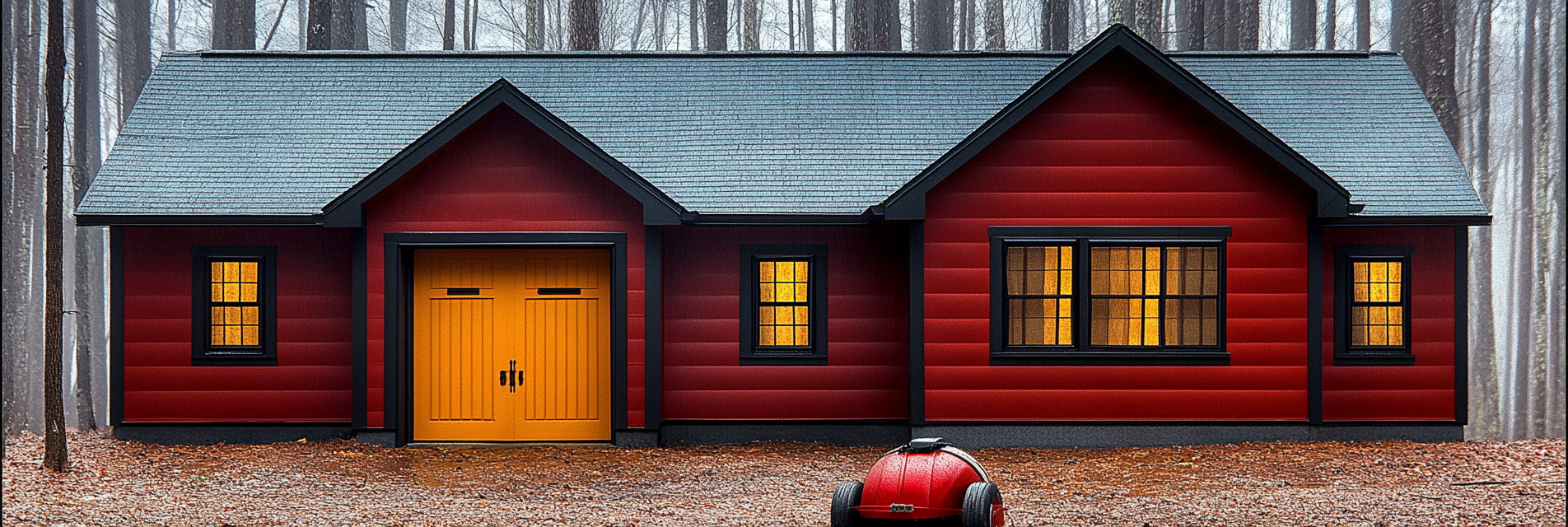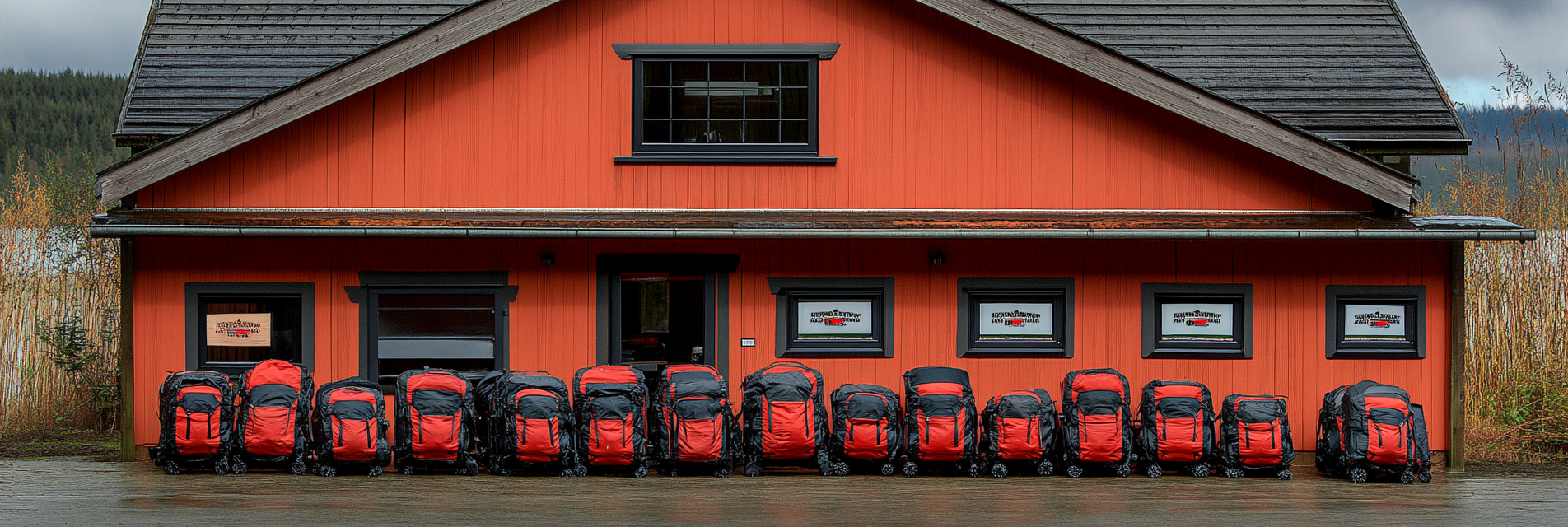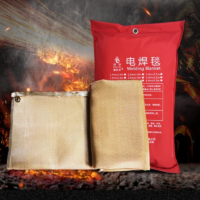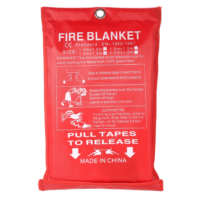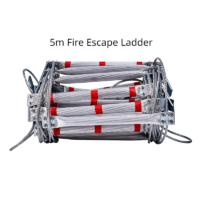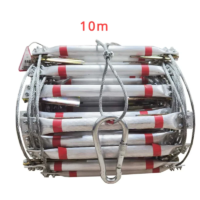Washington state is known for its diverse climate and varied geography, which means residents must be prepared for a range of weather-related and natural challenges. This guide covers key preparation tips for common extreme events, including windstorms, heavy rainfall and flooding, winter storms, wildfires, and earthquakes.
1. Preparing for Severe Windstorms
Windstorms can bring strong gusts that knock down trees and power lines, causing damage and power outages.
- Securing Your Property:
- Trim Trees: Regularly trim dead or overhanging branches near your home to prevent them from breaking and causing damage.
- Secure Outdoor Items: Anchor down or store items such as patio furniture, planters, and garden tools.
- Reinforce Windows and Doors: Install storm shutters or use plywood as a temporary solution during a wind advisory.
- Backup Power Solutions:
- Invest in a portable generator like the Honda EU2200i for power during outages.
- Keep flashlights, batteries, and LED lanterns readily available.
2. Flood Preparedness and Home Protection
Heavy rainfall can lead to flash floods, especially in areas near rivers and low-lying regions.
- Home Preparation Tips:
- Install Sump Pumps: Ensure your basement or crawl space has a sump pump with a battery backup to handle excess water.
- Seal Foundation Cracks: Use waterproof sealant to fill any cracks in your foundation and around windows and doors.
- Elevate Valuables: Store important documents, electronics, and valuables in waterproof containers or on higher floors.
- Emergency Supplies:
- Stock sandbags and water barriers to direct water away from your property.
- Have an emergency kit with drinking water, non-perishable food, and first aid supplies.
3. Preparing for Winter Storms
Washington winters can bring heavy snowfall, ice storms, and freezing temperatures.
- Insulate Your Home:
- Seal Windows and Doors: Apply weather stripping and insulation to prevent heat loss.
- Inspect Your Roof: Check for loose shingles and clean out gutters to prevent ice dams.
- Install Insulation: Ensure your attic and crawl spaces are adequately insulated.
- Emergency Heating:
- Use safe heating alternatives, such as space heaters with tip-over and overheat protection.
- Keep extra blankets, warm clothing, and firewood (if you have a wood stove or fireplace) on hand.
4. Wildfire Safety and Home Preparation
Some parts of Washington, especially in eastern regions, are susceptible to wildfires during dry seasons.
- Creating Defensible Space:
- Clear Vegetation: Maintain at least 30 feet of defensible space around your home by removing dead plants, leaves, and brush.
- Use Fire-Resistant Materials: Consider fire-resistant siding, roofing, and window screens.
- Install Spark Arrestors: Add spark arrestors to chimneys to prevent embers from escaping.
- Emergency Plan and Supplies:
- Prepare a go-bag with essentials like clothes, water, food, and important documents.
- Evacuation Plan: Map out evacuation routes and share them with your family.
5. Earthquake Preparedness
Washington lies in a seismically active zone, making earthquake preparation a must.
- Securing Your Home:
- Anchor Heavy Furniture: Secure bookshelves, cabinets, and large appliances to the wall with brackets or straps.
- Install Latches: Use earthquake latches for kitchen cabinets to prevent items from falling out.
- Strengthen Your Foundation: Consider having a professional inspect and retrofit your home if it is older or not up to seismic codes.
- Emergency supply storage: Be sure to store your emergency supplies in easily accessible areas in case of building damage, ensuring your items are within reach post-event.
- During an Earthquake:
- Drop, Cover, and Hold On: Teach your family to take cover under sturdy furniture and hold on until the shaking stops.
- Stay Away from Windows: Move away from windows, mirrors, and anything that could shatter.
- Post-Earthquake Safety:
- Check for gas leaks and structural damage before re-entering your home.
- Have a gas shutoff tool readily accessible and teach family members how to use it.
Emergency Communication and Supplies for All Situations
Regardless of the specific event, having a well-stocked emergency kit and a communication plan is crucial:
- Emergency Kit Essentials:
- Water (at least one gallon per person per day for three days), non-perishable food, flashlight, batteries, first aid kit, multi-tool, extra clothing, and prescription medications.
- Communication Plan:
- Designate a family member outside the affected area as a point of contact.
- Keep a battery-operated radio like the Midland ER310 for weather and emergency updates.
- Backup Power:
- Maintain power banks for phones and other electronic devices.
Conclusion
Preparing for extreme weather and natural events in Washington state requires a multifaceted approach. By reinforcing your home, maintaining emergency supplies, and having a plan in place, you can protect your family and property. Paul Lindberg’s Dryer Fire Fighters advises all homeowners to take proactive steps and be ready for the unexpected, ensuring safety and resilience during any event.
Serving the communities of:
Kennewick | Pasco | Richland | West Richland | Finley | Burbank | Benton City | Prosser | Grandview | Connell
As the sole certified dryer exhaust technician recognized by CSIA.org in the Tri-Cities area, Paul brings a wealth of expertise to fire prevention. His primary focus lies in addressing the root cause of many residential fires: lint buildup in dryer cavities and vents. Through rigorous inspections and thorough cleanings, Paul ensures that families and businesses can enjoy peace of mind, knowing their properties are safeguarded against fire risks.



